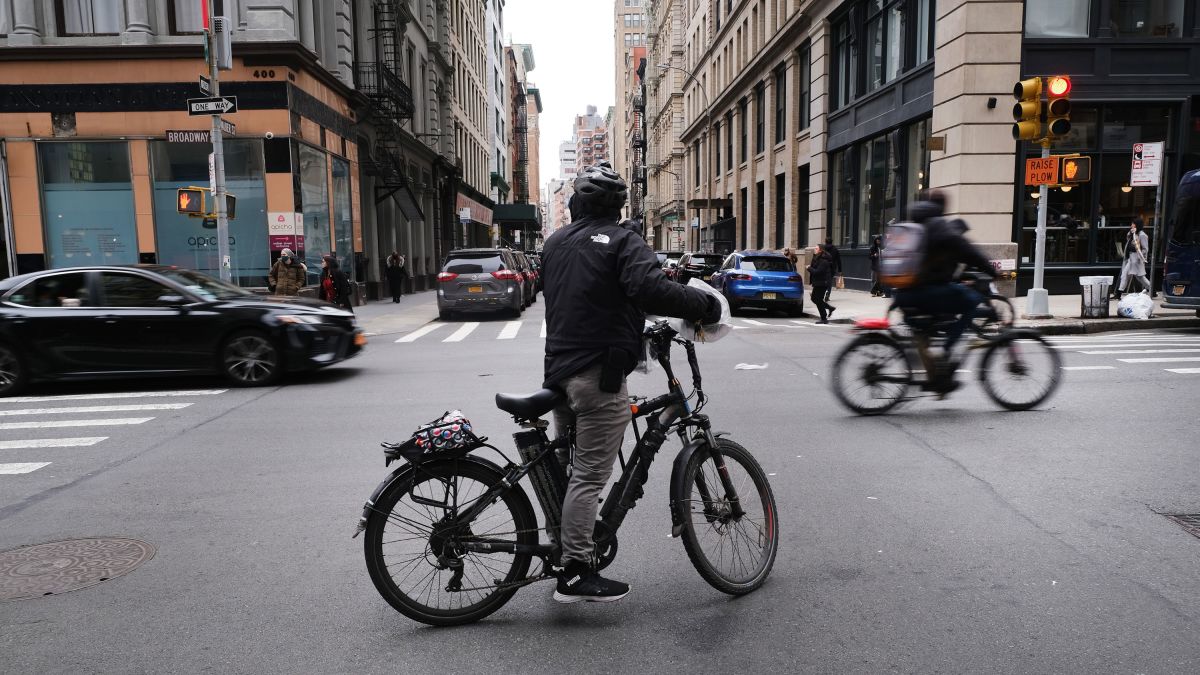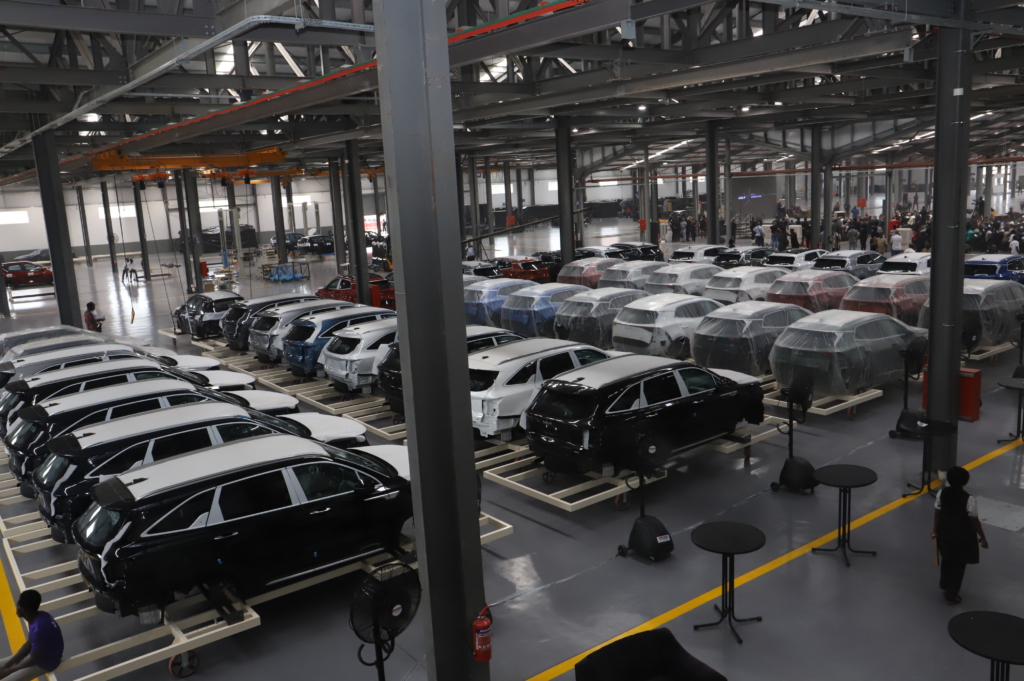An initiative to remove unsafe non-certified lithium-ion batteries from electric bikes that are being used on the streets of New York City is being funded by Uber.
The business said on Wednesday that it will soon enable the thousands of e-bike-using delivery personnel in New York City to trade them in for newer, safer ones.
The report comes after a succession of incidents brought on by lithium-ion batteries, which have a history of overheating and exploding violently when charging.
The New York City police department said earlier this week that a tragic two-alarm fire in Queens was caused by the lithium-ion battery of an e-bike. It was the 59th fire in the city this year started by a lithium-ion battery, according to Chief Fire Marshal John Hodgens of the FDNY.
The fact that not all lithium-ion batteries are made equal is part of the problem. Electric scooters and bikes with UL certification are purchased from reliable vendors and go through rigorous battery safety testing. However, it can be difficult to determine the provenance of these devices and the caliber of their batteries on other online marketplaces, which some delivery employees may have gone to for more economical solutions in the lack of company-provided options or subsidies.
Uber is now working with Zoomo, an e-bike manufacturer, to provide credit to delivery staff who are ready to trade in their current e-bikes for ones with better batteries in an effort to get more UL-certified e-bikes on the road. Additionally, it will provide priority access to maintenance and services as well as rent-to-own pricing structures.
In addition, Uber is testing a trade-in scheme with the nonprofit The Equitable Commute Project in which cheap UL-certified e-bikes will be given in return for a "noncompliant device."
Josh Gold, senior director of public policy at Uber, said in a statement that delivery employees shouldn't have to choose between a living and safety. The high price tag that all too frequently works as a barrier to safety should no longer be an issue by offering discounts and exchange options for new UL certified e-bikes and certified lithium-ion batteries.
According to Steve Kerber, vice president and executive director of UL's Fire Safety Research Institute, there are an increasing number of lithium-ion battery-based fires both domestically and abroad, especially when it comes to e-bikes and e-scooters. That's because more people bought these things during the epidemic, which is why.
People began to pay excessive prices for them, therefore they went to manufacturers who also happened to have lax quality control procedures for the battery systems, according to Kerber. "Quality manufacturers are not experiencing problems."
Despite the worries, lithium-ion batteries are nevertheless widely used in the most well-liked devices of today, including smartphones, laptops, e-bikes, and scooters. Some tech firms tout their capacity to charge more quickly, run longer, and fit more power into a smaller container.
However, according to Dylan Khoo, an analyst at the tech intelligence firm ABI Research, electric bikes and scooters utilize batteries that may be up to 50 times bigger than those found in smartphones. So it's considerably more dangerous when a fire does occur, Khoo added.
According to Khoo, mishaps are most likely the consequence of "thermal runaway," a chain reaction that might culminate in a fire or devastating explosion. All lithium-ion batteries employ combustible elements.
According to Khoo, a battery's overheating, puncturing, or an electrical defect like a short circuit might start this process. When flames start spontaneously while charging, manufacturing flaws are probably at blame.
Anyone who owns a lithium-ion battery should adhere to the recommended charging and usage practices, which include maintaining the battery in a dry, cool environment and avoiding leaving it charging overnight or for an extended period of time.
According to University of Michigan experts, consumers should always use the charger that came with the device or use one from a reliable provider. Batteries should also be frequently tested to ensure there is no cracking, bulging, or leaking.
Related Posts










.jpg)